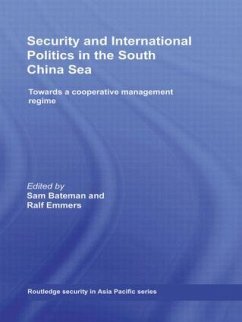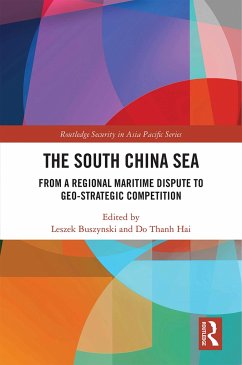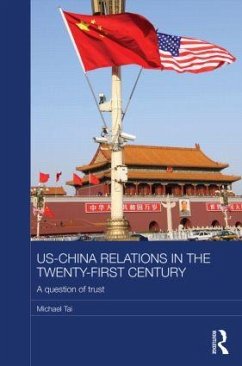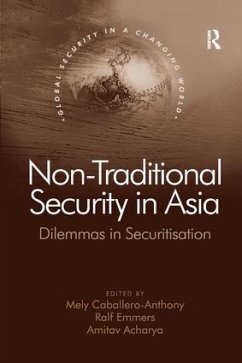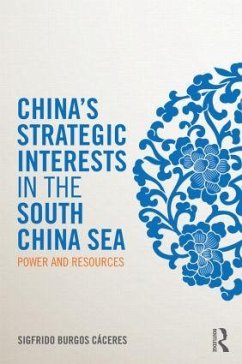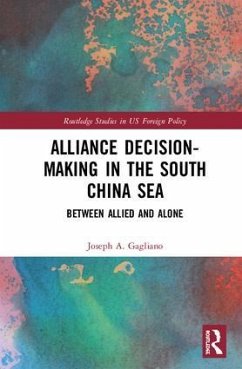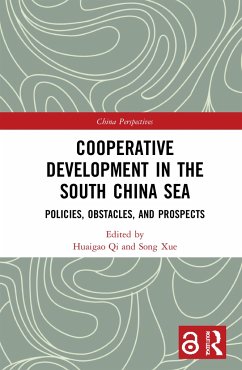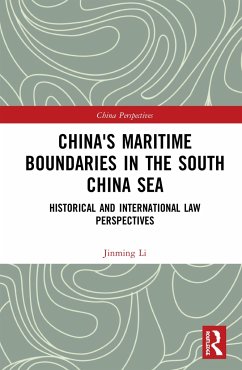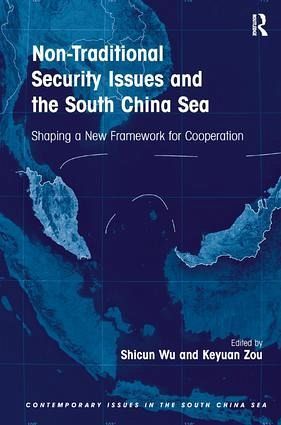
Non-Traditional Security Issues and the South China Sea
Shaping a New Framework for Cooperation
Versandkostenfrei!
Versandfertig in 1-2 Wochen
177,99 €
inkl. MwSt.
Weitere Ausgaben:

PAYBACK Punkte
89 °P sammeln!
While there is abundant literature discussing non-traditional security issues, there is little mention of such issues existing in the South China Sea. This area is vulnerable to natural hazards and marine environmental degradation. The marine ecosystem is threatened by various adverse sources including land-based pollution, busy shipping lanes, and over-exploitation activities which threaten the security of the surrounding population. This area is also threatened by piracy and maritime crimes but law enforcement becomes difficult due to unclear maritime boundaries. This volume is designed to e...
While there is abundant literature discussing non-traditional security issues, there is little mention of such issues existing in the South China Sea. This area is vulnerable to natural hazards and marine environmental degradation. The marine ecosystem is threatened by various adverse sources including land-based pollution, busy shipping lanes, and over-exploitation activities which threaten the security of the surrounding population. This area is also threatened by piracy and maritime crimes but law enforcement becomes difficult due to unclear maritime boundaries. This volume is designed to explore the security cooperation and regional approaches to these non-traditional security issues in the hope to build a peaceful environment and maintain international and regional security and order in the South China Sea region.




